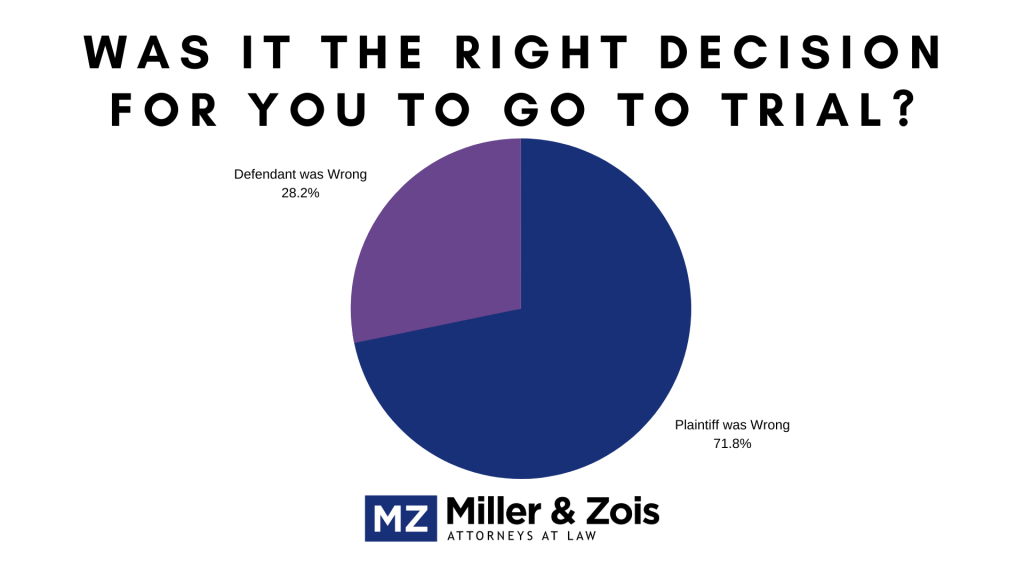The Wall Street Journal has an editorial with an anti products liability lawyer spin. No surprise. But what is surprising is that I agree with it.
Considering Enron and other business collapses that left stockholders holding the bag with no actual picture of the company’s financial condition, the Financial Accounting Standards Board wants to tighten standards. One requirement would make companies account for the potential cost of ongoing litigation not just regarding attorneys’ fees but regarding the actual value of the claims. The Wall Street Journal editorial says product liability lawyers will use the information to extort settlements and influence jury verdicts.
I’m not worried about either of those outcomes no matter how many times the editorial uses the phrase “extort settlements.” But I think there is a risk of forcing a defendant to publicly estimate settlement and verdict values because I think it tips off product liability lawyers and creates a floor for the value of any mass tort claim. I also think the editorial is correct, that predicting the trajectory of long and complex litigation is inherently unscientific. Mass tort cases are like the stock market in that their values are always changing. A good trial outcome or even a good expert deposition in an MDL can increase or decrease the value of a case. I’ve been involved with mass torts from both sides and believe knowledge of the true value is rarely known even to the insiders until the advanced stages of the settlement process.







